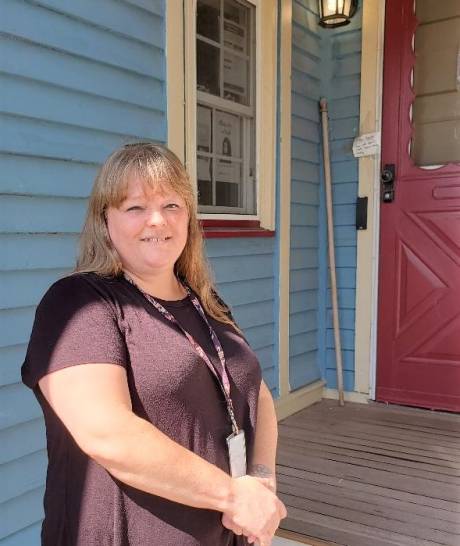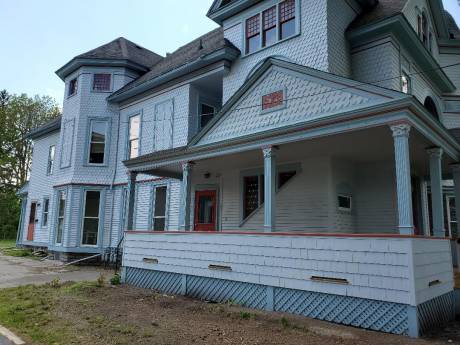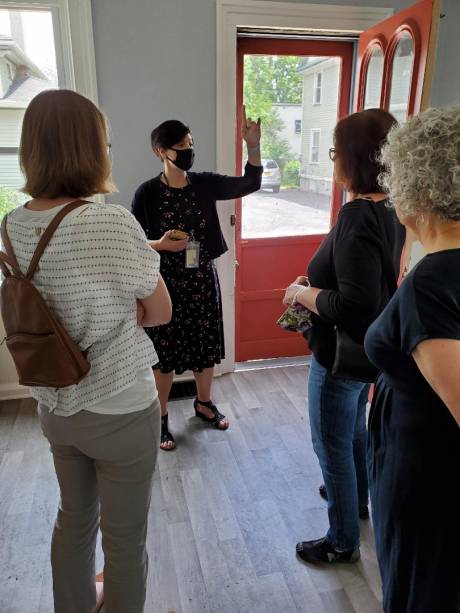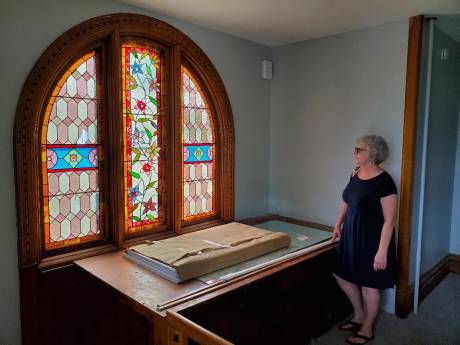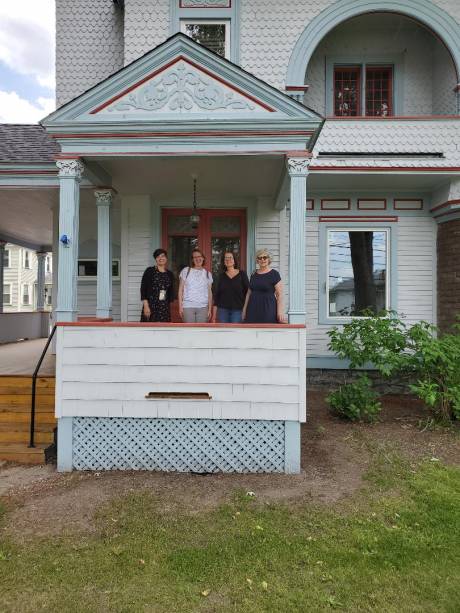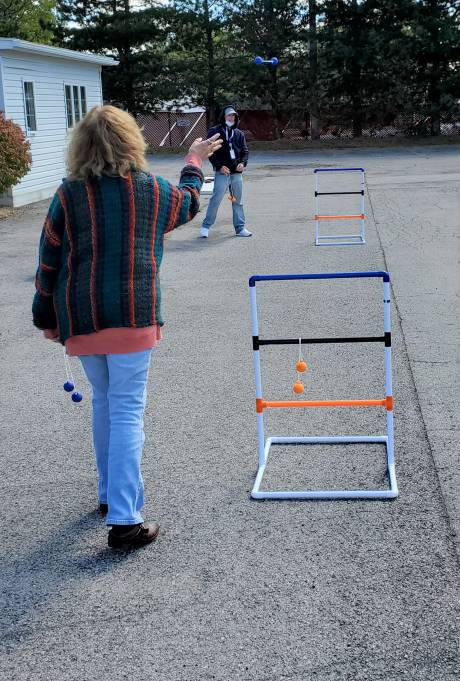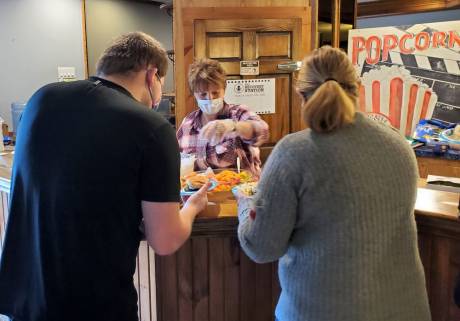GCASA's detox center open house set for Thursday
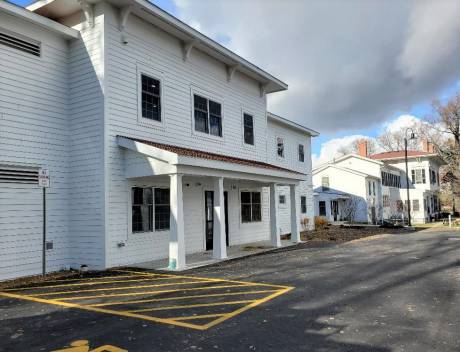
Officials with the New York State Office of Addiction Services and Supports as well as local dignitaries are expected to participate in Thursday afternoon’s open house of Genesee/Orleans Council on Alcoholism and Substance Abuse’s new detoxification center at 424 East Main St.
The event, which is open to the public, is set for 2 to 6 p.m. Pre-registration can be done by clicking on the following link: https://www.eventbrite.com/e/gcasa-detox-open-house-tickets-215846260977
All attendees will be expected to wear face masks and adhere to other guidelines related to COVID-19.
Guest speakers leading up to a ribbon cutting ceremony at 3:15 p.m. include Colleen Manse, addictions program specialist, and Stephanie Campbell, ombudsman project director, for OASAS; Assemblyman Stephen Hawley, and GCASA Executive Director John Bennett.
Tours of the facility will be conducted, and food and refreshments will be available at no charge.
Kathleen Hodgins, GCASA’s chief clinical officer, emphasized that the two-story, 20-bed facility further reinforces the agency’s mission of providing care at all levels of the substance use spectrum.
“Clients in detox will benefit from having a continuum of care starting with detox and including in-patient, residential and supportive living if they choose that specific pathway to recovery without having to go to another treatment facility,” Hodgins said, noting that having a detox center in Batavia will make it easier for those living in the GLOW Region.
“They will have all modalities of treatment available to them -- including peer services and case management.”
For many people, medically supervised detoxification from certain drugs and alcohol is crucial to beginning recovery, Hodgins added.
“Finding the strength to seek help isn’t always easy. We’re here to let those struggling with substance use disorder know that they’re not alone. Help is available, and it starts with our detox center admissions’ process,” she said.
The detox center is attached to the rear of the Atwater Community Residence. The opening date has yet to be determined.
Hodgins said the 8,600-square foot facility will be fully staffed by medical and substance use counseling professionals -- specially trained and certified to assist those who require short-term services.
Bennett said GCASA’s latest expansion is resulting in the creation of around 25 new jobs --mostly professional and living wages.
“The medical staff will consist of a medical director, a mid-level (supervisor) and several nurses,” he said. “There will also be a clinical supervisor and several counseling staff as well as med techs and support staff.”
As far as additional expansion, Bennett said GCASA’s Batavia campus, which also includes supporting living and childcare residences, is full. But the agency is in the midst of developing a women’s and children’s 25-bed residential program in the Town of Albion.
Construction on the detox center began last January, with Javen Construction of Penfield as the general contractor. GCASA received a grant from OASAS and New York State to fund the project, which is estimated at $3.2 million.

